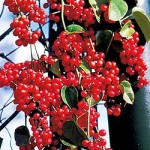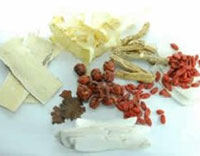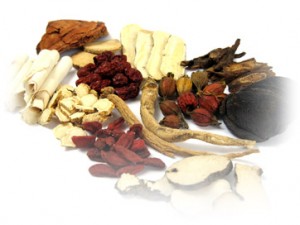Did you hear? A really important consumer update from the FDA was released this month concerning the dangers of taking acetaminophen.
All of us take pain-relievers from time to time, but did you know that one of the most widely used medicines in the U.S. can cause a rare but serious skin reaction? Acetaminophen (Tylenol) can cause 3 serious skin diseases whose symptoms are a rash, blisters, and permanent damage to the skin. If you develop a rash or other skin reaction, or have in the past while taking this drug, stop using it and seek medical attention right away. There is no way to know who will be at risk for these potentially fatal reactions.
Acupuncture and Chinese Herbs have a long history of helping people with pain. Check here if you use any products containing Tylenol (i.e. Midol) for menstrual cramps and period pain. There are alternatives!









